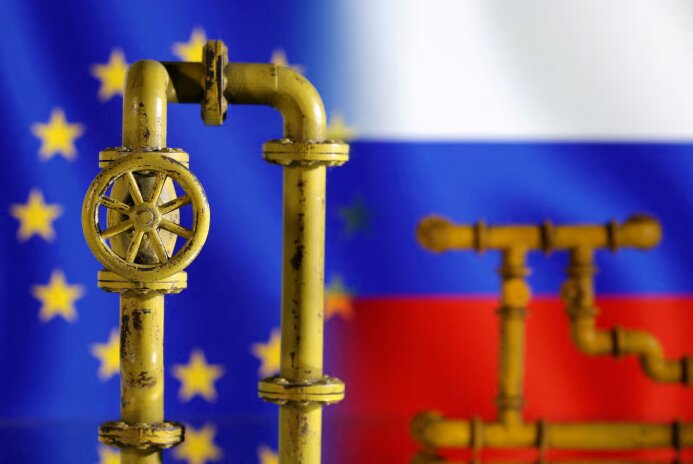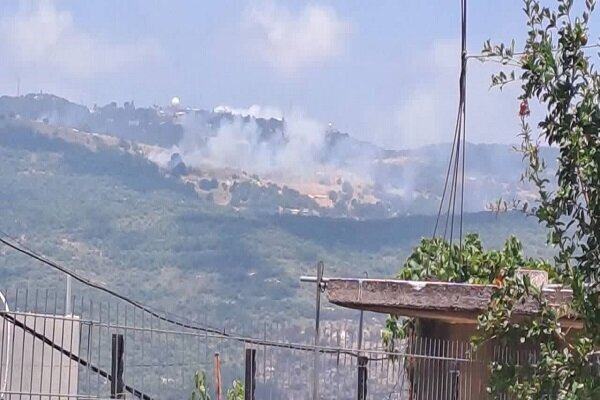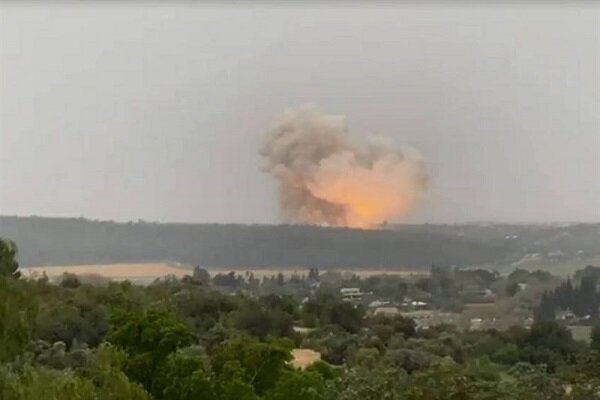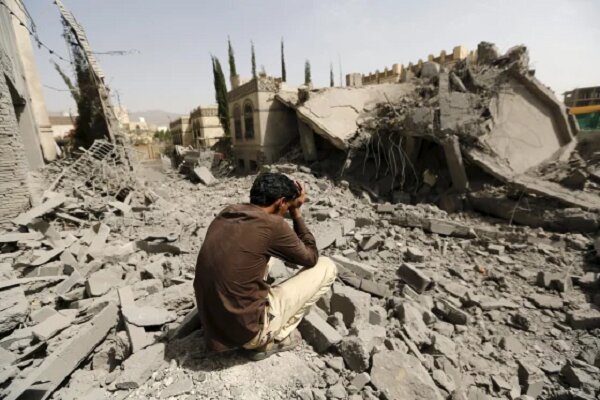EU Launches Ambitious Strategy to Eliminate Russian Gas Dependency by 2027
In a significant move towards energy independence, the European Union has announced a comprehensive strategy to eliminate its remaining gas imports from Russia by the end of 2027. This decision reflects Europe’s ongoing struggle with reliance on Russian fossil fuels, and it underscores a pivotal shift in energy policy aimed at enhancing security and sustainability.
On Tuesday, EU energy chief Dan Jorgensen emphasized the gravity of this decision, stating, “Today the European Union sends a very clear message to Russia: no more, no more, will we permit Russia to weaponize energy against us.” This bold statement marks a crucial step in the EU’s efforts to reduce vulnerability to external pressures and geopolitical tensions.
The European Commission’s plan is structured in two main phases, detailing a roadmap towards achieving full energy autonomy. Here are the key components of this plan:
- Ending New Contracts: The EU will prohibit new contracts with Russian gas suppliers immediately.
- Existing Short-Term Contracts: All existing short-term spot contracts will also be phased out by the end of 2025.
- Complete Import Ban: The ultimate goal is to impose a complete ban on all remaining gas imports from Russia by the end of 2027.
This strategic initiative is not just about cutting ties with Russia; it is also aimed at promoting alternative energy sources and enhancing the EU’s energy security. The plan aligns with broader environmental goals and the transition towards renewable energy solutions.
Many EU member states have been increasingly vocal about their dependence on Russian energy in recent years, especially in light of the ongoing geopolitical conflicts. The reliance on Russian fossil fuels has raised concerns about energy security and the potential for energy supply disruptions. As a result, the EU’s decision is seen as both a necessary and a timely response to these challenges.
In addition to the immediate measures outlined, the EU’s long-term strategy will likely focus on:
- Investment in Renewable Energy: Increasing investments in wind, solar, and other renewable energy sources to diversify energy supply.
- Energy Efficiency Programs: Implementing programs aimed at improving energy efficiency across various sectors, thereby reducing overall demand.
- Strengthening Energy Networks: Enhancing interconnections between EU member states to facilitate energy sharing and resilience.
The decision to phase out Russian gas imports is expected to have significant implications for the European energy market. Analysts predict that this move could lead to increased energy prices in the short term as the EU transitions to alternative sources. However, in the long run, it is anticipated that this strategy will lead to a more stable and secure energy landscape for Europe.
Moreover, this move could have a ripple effect on global energy dynamics. As the EU seeks to reduce its dependence on Russian gas, there may be increased competition for liquefied natural gas (LNG) and other energy resources from countries like the United States, Qatar, and Australia. This shift could reshape global energy trade patterns and influence pricing structures in international markets.
In conclusion, the European Union’s commitment to phasing out Russian gas imports by the end of 2027 represents a bold step towards energy independence and security. The implementation of this plan will require coordinated efforts among member states and significant investments in alternative energy sources. The EU’s determination to reduce its reliance on Russian fossil fuels signals a new era in European energy policy, one that prioritizes sustainability, security, and resilience in the face of geopolitical challenges.






